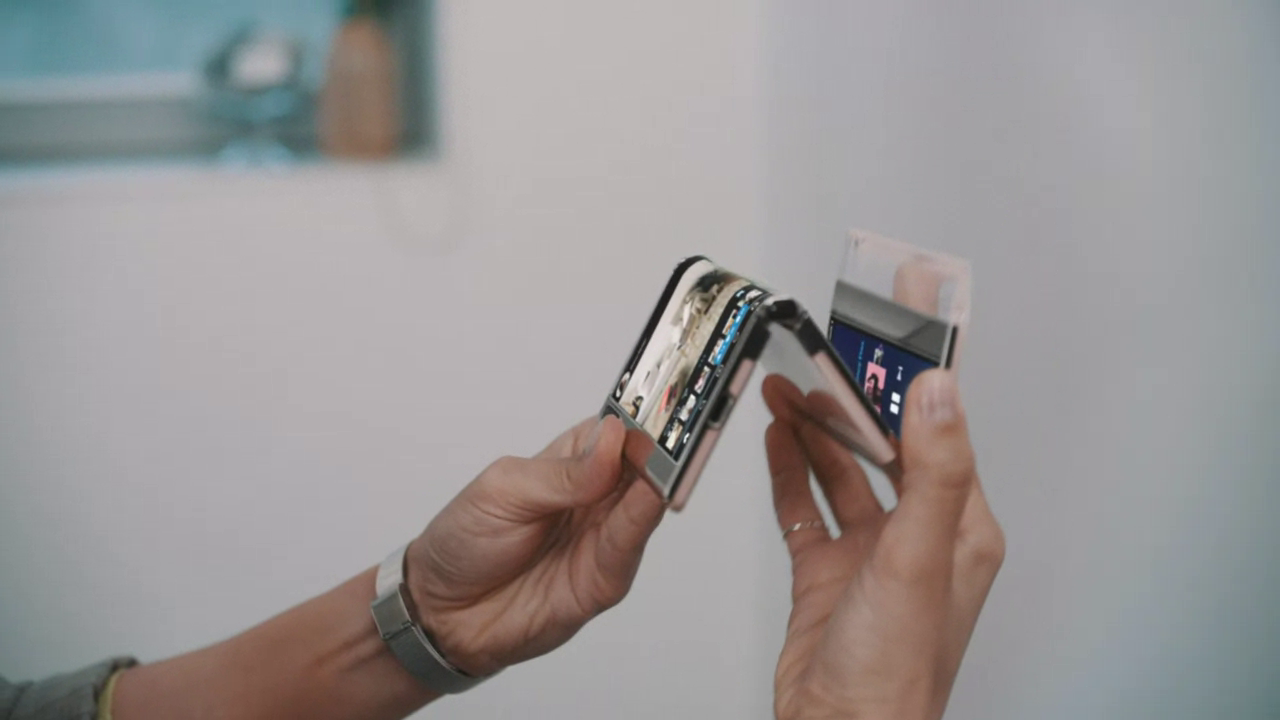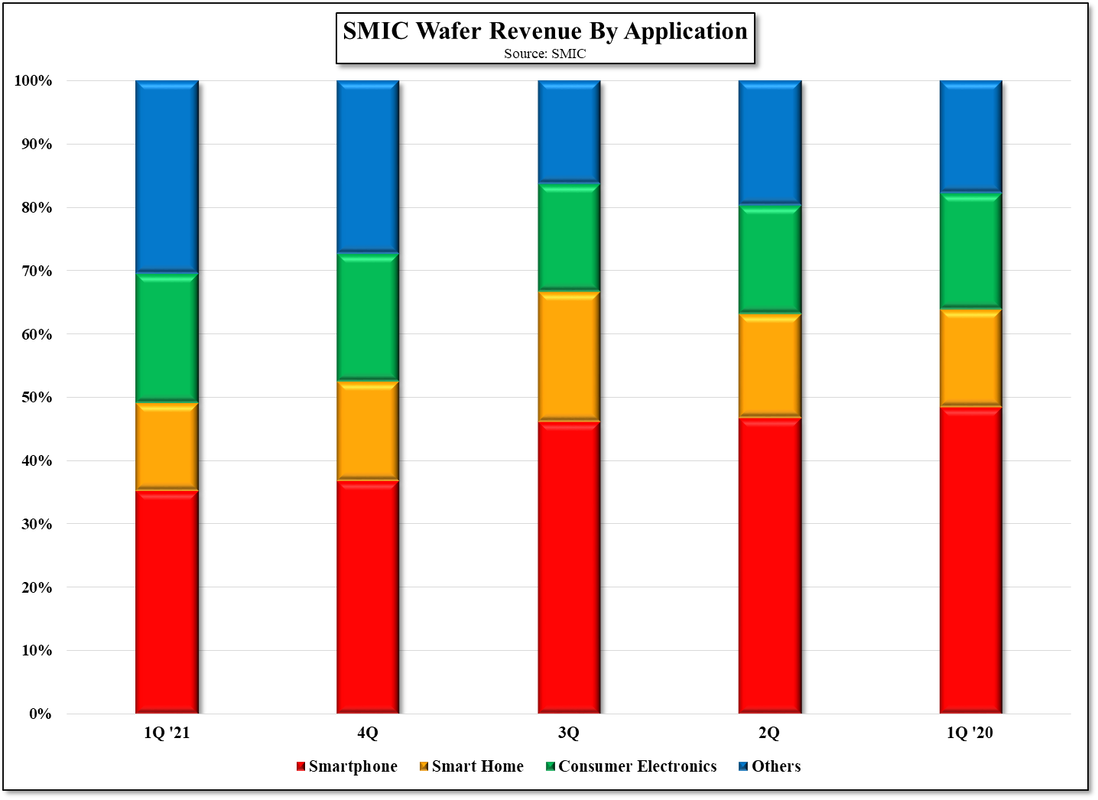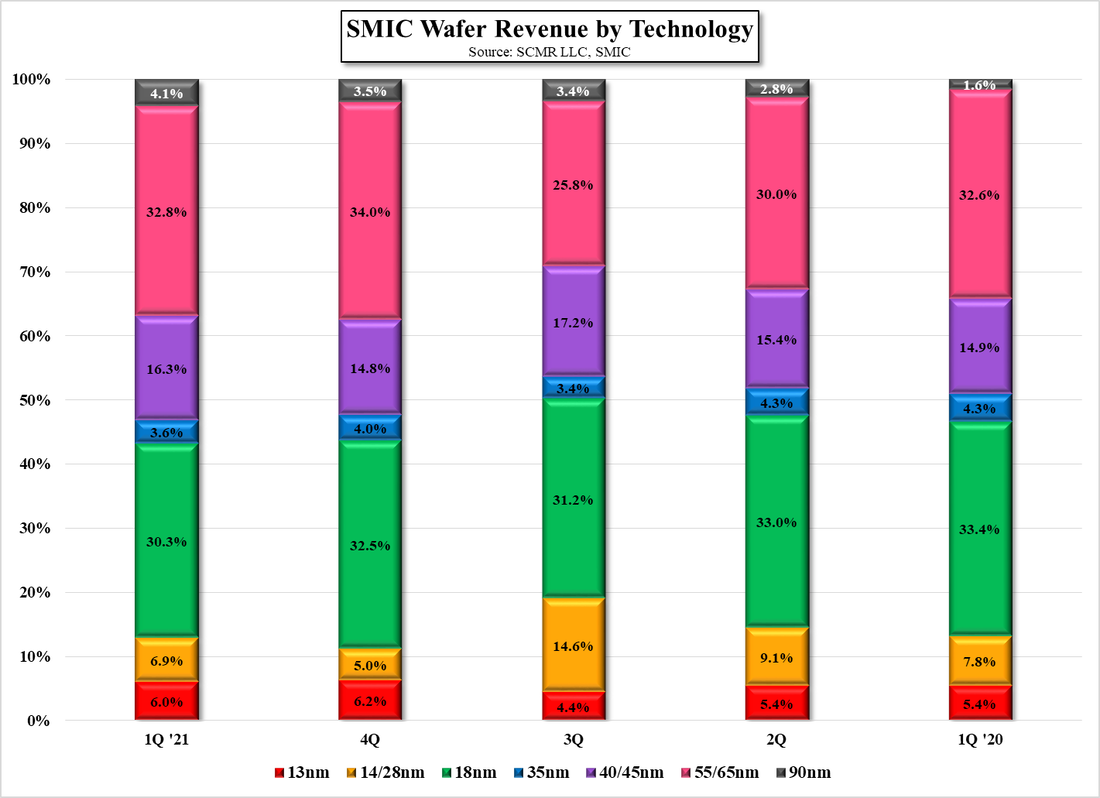Facial Recognition as ID
Hana Bank (086790.KS) has already registered 1.94m users in its facial database and is certifying ~10.6m customer transactions each month with the system, with the bank estimating that ~20% of their customers are using the facial recognition system to replace passwords, fingerprints, or ID certificates. Daegu Bank (139130.KS), that had previously used a combination of an ID card and a video call to verify remote customer transactions, now uses a facial recognition system that compares a real-time video image with the picture on an ID card to verify authenticity and expects to expand the system to in person transactions that have been certificate-based in the past, and Shinhan Bank (SHG) pushed facial recognition to its offline branches to verify transactions without an ID card.
The Korean Fair Trade Commission, the same organization that unraveled a digital rights price fixing scandal involving 9 companies, including SK Telecom (SKM), Sony Music (SNE), and Korea Telecom (KT), has been the organization that has issued the abovementioned 'certificates' of identity, but is now looking to add facial recognition to its distributed ID services that will combine the technology with block chain for additional protection, but have stopped short of using the technology by itself, as the fear of ‘deep fakes’ has not been fully eliminated from the system. While there will always be questions about the ultimate security of the data produced by such systems, in the cases above, entry into the systems is completely voluntary, as opposed to traffic and pedestrian system used in other countries.






 RSS Feed
RSS Feed